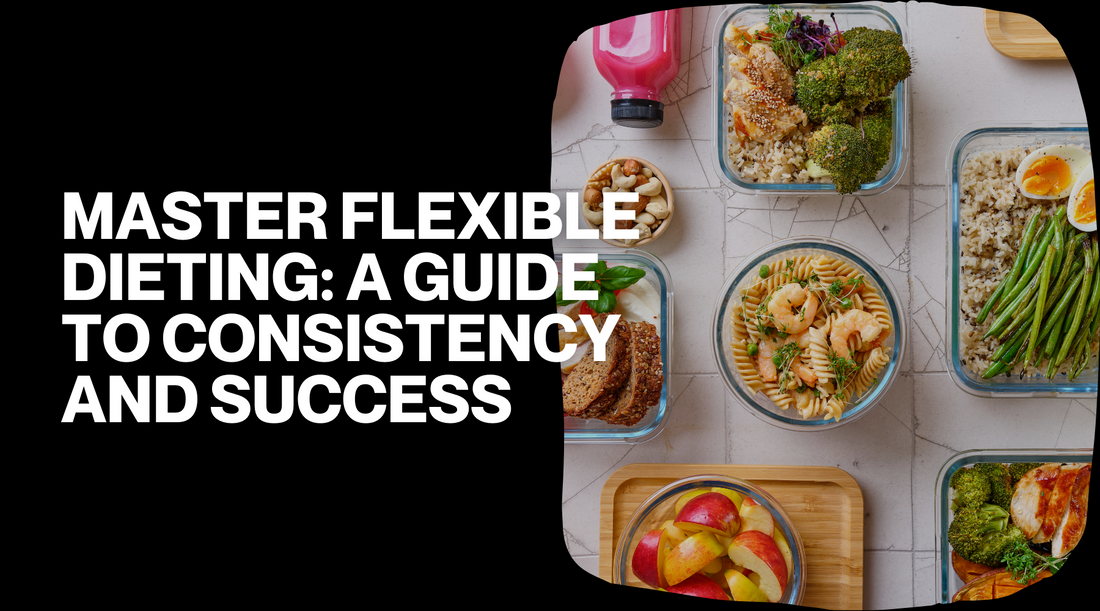In the realm of health and fitness, there's a revolutionary approach that's changing the game: flexible dieting. Unlike traditional diets that impose strict rules and restrictions, flexible dieting empowers individuals to make informed choices about their nutrition while enjoying a wide variety of foods.
Understanding Flexible Dieting:
At its core, flexible dieting is about balance and flexibility. Instead of categorizing foods as "good" or "bad," flexible dieting focuses on meeting your body's nutritional needs while allowing for some indulgence. By tracking your macronutrient intake—protein, carbohydrates, and fats—you can create a sustainable eating plan that aligns with your fitness goals.
Key Principles of Flexible Dieting:
- Macronutrient Tracking: Flexible dieting involves monitoring your intake of macronutrients to ensure you're getting the right balance of nutrients. This approach allows for greater flexibility in food choices while still meeting your nutritional needs.
- Food Freedom: With flexible dieting, no foods are off-limits. Instead, the focus is on moderation and portion control. By including a variety of foods in your diet, you can enjoy a balanced and satisfying eating plan.
- Sustainability: Unlike restrictive diets that often lead to feelings of deprivation, flexible dieting is sustainable in the long term. By allowing for flexibility and variety, you're more likely to stick with your eating plan and achieve lasting results.
Tips for Staying Consistent with Flexible Dieting:
- Plan Ahead: Take time to plan your meals and snacks in advance. This can help you make healthier choices and avoid impulsive eating decisions.
- Practice Mindful Eating: Pay attention to your hunger and fullness cues. Eating slowly and savoring your food can help you feel more satisfied and prevent overeating.
- Stay Flexible: While it's important to stick to your nutritional goals, it's also okay to indulge occasionally. By allowing yourself some flexibility, you can enjoy special treats without derailing your progress.
- Monitor Your Progress: Keep track of your food intake and monitor your progress towards your goals. This can help you stay motivated and make adjustments to your eating plan as needed.
Flexible dieting offers a balanced and sustainable approach to nutrition that can help you achieve your health and fitness goals. By understanding the key principles of flexible dieting and implementing practical strategies for consistency, you can enjoy a healthy relationship with food while achieving lasting results. Embrace the flexibility, make informed choices, and watch as your health and fitness journey unfolds.

